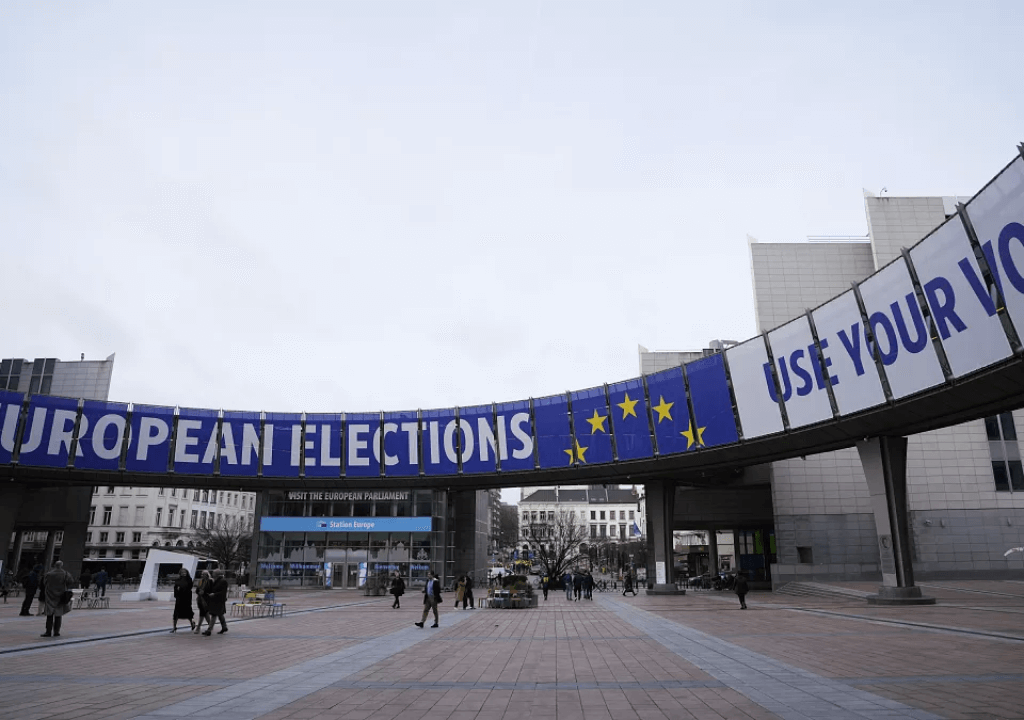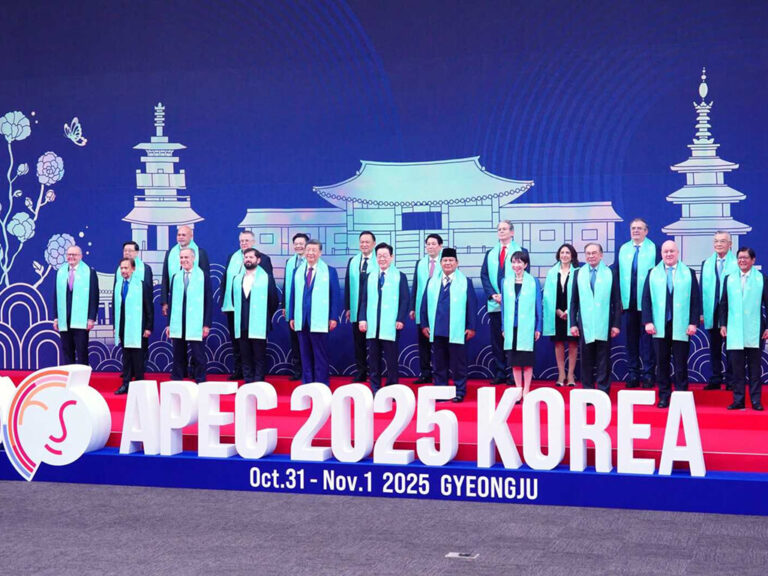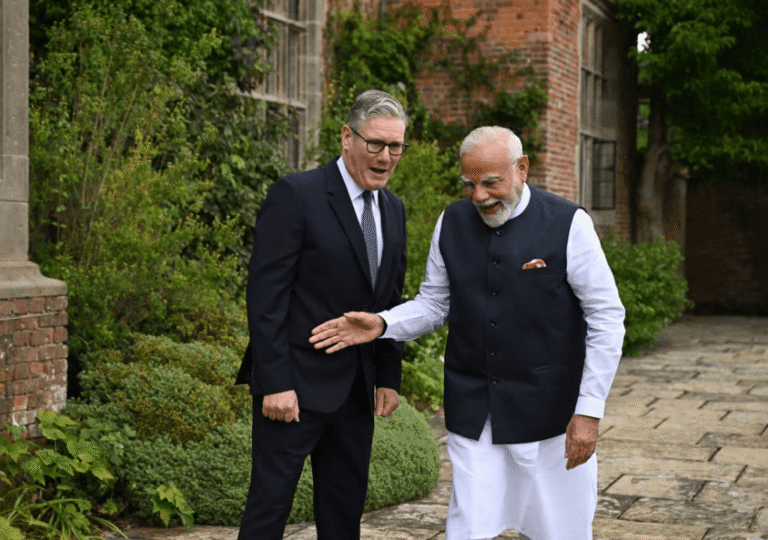An important election is underway in Europe for the next European Parliament. Voting is taking place in all 27 nations of the European Union (EU), with polling set to conclude on Sunday. Approximately 373 million people across Europe are participating in the election to choose 720 members of the Parliament. This election will be crucial in shaping the priorities and political trajectory of the influential European Union for the next five years. The EU is currently dealing with pressing issues such as the wars in Ukraine and Gaza, as well as challenges related to immigration and climate change. Polls suggest that hard-right parties are expected to make significant gains in several countries, a development that could have profound long-term implications for the continent. The world’s largest multi-country election, involving influential countries like France and Germany, will also impact global politics. Furthermore, many issues affecting Asia are also being discussed in the election campaigns.
The European Parliament is the only EU institution where representatives are directly elected, and its Members of Parliament pass laws that are applied across all member states. For any legislation to be implemented, both the Council and the Parliament must agree. The Parliament also has ultimate approval over the funds allocated in the EU budget. The European Parliament is often the final authority on major policy issues such as the budget, trade, and sanctions on foreign nationals. It can also put major international objectives on hold, in the interest of the bloc.
There are seven main groupings in the European Parliament, ranging from the extremes of the far right to the far left. The two dominant groupings are the center-right European People’s Party (EPP) and the center-left Progressive Alliance of Socialists and Democrats (S&D). Because of proportional representation, no single group holds a majority, necessitating the formation of broad coalitions to accomplish tasks in Parliament. While these two parties are expected to be the largest after the elections, all eyes are on the other main right-wing groups: the European Conservatives and Reformists (ECR) and the hard-right, populist Identity and Democracy (ID). Once all the votes have been counted, each national political party will be assigned a number of Members of the European Parliament (MEPs) relative to their vote share. It is up to the member states to determine how these seats are allocated. Full results are expected on Monday.
The European market is crucial for Asian countries, making this election significant in light of the ongoing trade war with tariffs and other regulations. The trade conflict that began between the USA and China has now extended to Europe. The European market is a significant outlet for Chinese production, and additional regulations on Chinese goods will undoubtedly impact the Chinese economy and potentially the broader Asian economy as well. Right-wing groups are concerned about the loss of production to China and are advocating for more aggressive actions against market penetration by Chinese products. The push from Chinese companies in the electric vehicle (EV) market is being scrutinized by Parliament, and China is awaiting the results to gauge future trade laws against them. There is also a plan to find alternatives to China, such as Vietnam and Bangladesh, and it is expected that the European Parliament will pursue this.
As there are many migrants from Asia to Europe, both legal and illegal, this causes concern among right-wing groups, who frequently criticize current immigration laws. Therefore, the European Parliament election results are important for shaping future immigration policies, with expectations of tighter immigration controls. The current immigration system by the EU is contributing to the rapid development of far-right politics in Europe. Climate change is a key issue in the election campaigns. While left and green parties are advocating for more stringent emission restrictions, it is expected that the right-wing will gain ground in this election and work towards rolling back climate policies. This could indirectly benefit the Asian economy, as climate change discussions and restrictions have often targeted countries like China, India, and oil producers in the Middle East. The ongoing conflict in Gaza will also be influenced by the European Parliament election. The Gaza war is currently supported by many European countries, but the European Union does not intervene much. As the conflict continues, many believe that Europe needs to take a move. The upcoming parliament may not intervene in the conflict, given that right-wing parties generally support Israel’s actions. The parliament’s approach to expanding European influence into the Caucasus will also be closely monitored, as it could significantly impact the power dynamics in Asia.
It is expected that the European election trend will also influence the elections in member states. A surge of far-right influence is anticipated in Europe’s upcoming elections, including in France. If they perform well in the European Parliament election, it could herald a golden age of far-right politics in Europe. This would not only influence and shape the European Union and the European continent but also have repercussions across all continents. Asia is likely to bear the brunt, especially as tensions rise between the superpowers.








